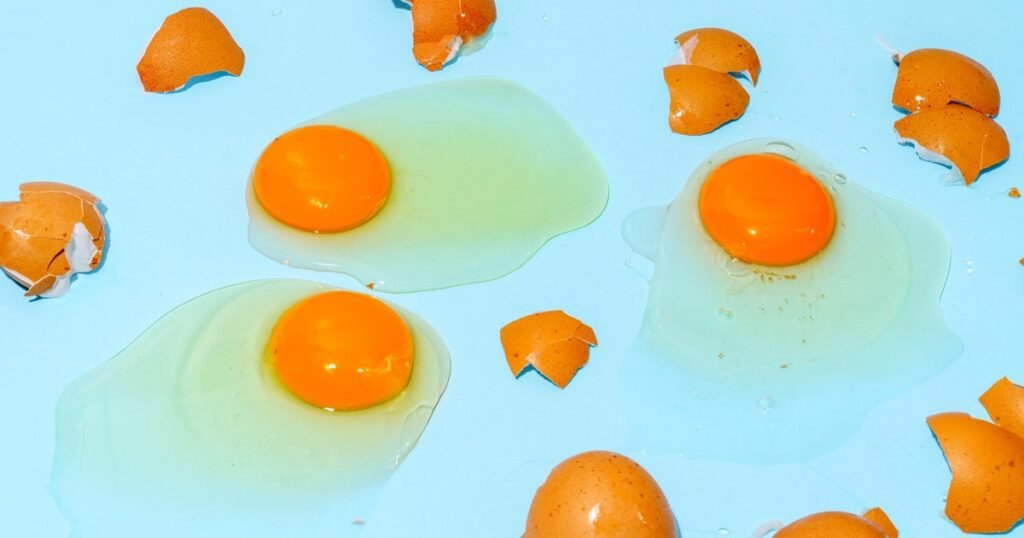DIY Skincare: Effectiveness and Risks of Viral Remedies
In recent years, social media platforms like TikTok have popularized numerous DIY skincare remedies, drawing inspiration from age-old household treatments. With virality comes curiosity, but how effective are these hacks? This article delves into some popular at-home skincare methods, offering insights from dermatologists while assessing their safety and efficacy.
1. Toothpaste as a Quick Fix
Is It Effective?
Toothpaste has long been employed as a quick remedy for acne. Many believe its drying ingredients, such as baking soda and hydrogen peroxide, can help reduce breakouts. However, the potential for irritation and dryness is significant.
Expert Opinion:
Dr. Marisa Garshick notes that while toothpaste can dry out blemishes, it often leads to more irritation than benefit. Ingredients like sulfates and alcohol can exacerbate inflammation. Dr. Hadley King echoes this sentiment, arguing that products designed for teeth aren’t suitable for facial skin, which is much more delicate.
Takeaway
If you’re in desperate need of a spot treatment, consider over-the-counter options like benzoyl peroxide or salicylic acid instead.
2. Aspirin Masks: A Popular Trend
Overview
Crushing aspirin to create a topical mask is another trend that has gone viral on social media.
Effectiveness
Dr. Garshick points out that while acetylsalicylic acid (the active ingredient in aspirin) is related to acne-fighting salicylic acid, aspirin itself isn’t an approved skincare treatment. It may reduce inflammation temporarily, but better options exist.
Caution:
Dr. Robert Brodell warns that homemade aspirin treatments are risky; they can irritate skin and may result in burns, particularly if concentration levels are too high.
Conclusion
Instead of reaching for aspirin, opt for proven treatments like retinoids or benzoyl peroxide.
3. Green Tea: Nature’s Skincare Ally
Benefits
Green tea is acclaimed for its anti-inflammatory, antimicrobial, and antioxidant properties.
Expert Insight:
Dr. Blair Murphy-Rose emphasizes its potential to soothe existing blemishes while preventing new outbreaks. Applying green tea topically can also hydrate and protect skin from environmental stressors.
Research Backing
Studies highlight green tea’s effectiveness in combating free radicals and its potential protective effects against skin cancer.
Recommendation
Creating a facial spray from green tea is a great way to reap its benefits without the risks associated with untested DIY remedies.
4. Honey: Nature’s Moisturizer
Advantages
Honey is celebrated primarily for its humectant properties, drawing moisture to the skin. It offers antibacterial and anti-inflammatory benefits, making it a good option for those with dry skin.
Risk Assessment
While honey alone is beneficial, mixing it with other ingredients, like cinnamon, can provoke allergic reactions.
Expert Tip:
Dr. Jacqueline Watchmaker advocates for using medical-grade honey for its proven medicinal properties.
Summary
Honey is a safe alternative for a stand-alone mask due to its gentle yet effective healing capabilities.
5. Raw Egg Yolks: Myth or Miracle?
Overview
The use of egg yolks in skincare claims to leverage their antibacterial enzymes and proteins.
Concerns
While yolks contain vitamin A — a treatment for acne — Dr. King warns about the risk of Salmonella infections from raw eggs.
Alternative Suggestion
While some might swear by egg white masks for hydration, consider commercially available vitamin A products that are more effective and safer.
6. Apple Cider Vinegar: A Double-Edged Sword
Utility
Apple cider vinegar has gained popularity for its exfoliating and antibacterial properties. Many use it as a spot treatment for acne.
Risks
However, its high acidity can lead to irritation, chemical burns, or skin damage. Dermatologists recommend diluting it significantly before use.
Safe Usage
Dr. Karan Lal suggests a mix of one part apple cider vinegar to ten parts water. If it causes irritation, discontinue use immediately.
Recommended Alternatives
Over-the-counter acids, like alpha hydroxy and lactic acid, provide similar benefits without the unpleasant side effects.
Conclusion
While the allure of DIY skincare hacks from social media is strong, many of these trends lack substantial scientific backing. Before diving in, consider consulting with a dermatologist. Proven treatments such as benzoyl peroxide, salicylic acid, and medical-grade ingredients offer safer and more effective options for achieving healthy skin.
For more insights on skincare, check out resources from The American Academy of Dermatology and Mayo Clinic.


